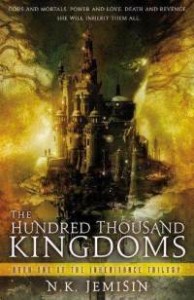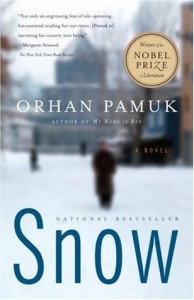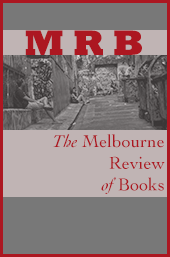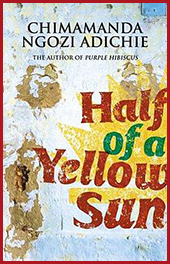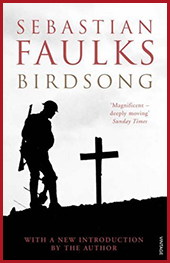GONE GIRL
Gillian Flynn (Phoenix Fiction, 2013) ISBN: 978-0-7538-2766-6
I’d apologise for the title, but Gillian Flynn has got to have had that pun in mind as she wrote this much talked-about thriller. Centred on the disappearance of beautiful Amy Elliott Dunne and the increasing suspicion on her husband Nick, the story truly does beg the question, pun and all. The alternative title was even worse, so consider yourselves lucky.
Gone Girl is, despite its popularity, not something I would typically be drawn to. I wrote in my last review of my aversion to Midsomer Murders and I am sorry to report the taint has spread to cover pretty much the entire mystery genre. I’m not entirely sure why I dislike the genre so much, but I don’t enjoy reading mysteries or watching procedurals. Still, I’d heard many good things about Gone Girl before my mother, a fan of mystery novels and procedurals, said I should read it. The film adaptation starring Ben Affleck and Rosamund Pike, opened early last month and has achieved not insignificant box office success.


